
News & Events
Learn more about RSG’s work, our impact on the world, and the conferences and events our team members are participating in.
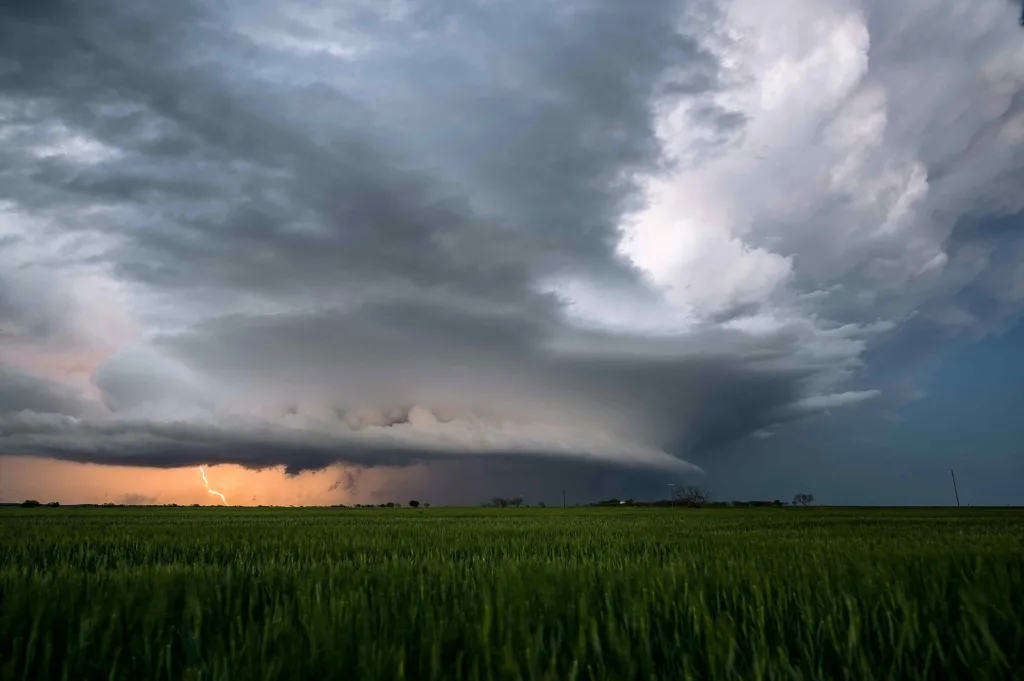
2026 APA Annual Climate Symposium

2026 Transportation Research Board (TRB) Annual Meeting
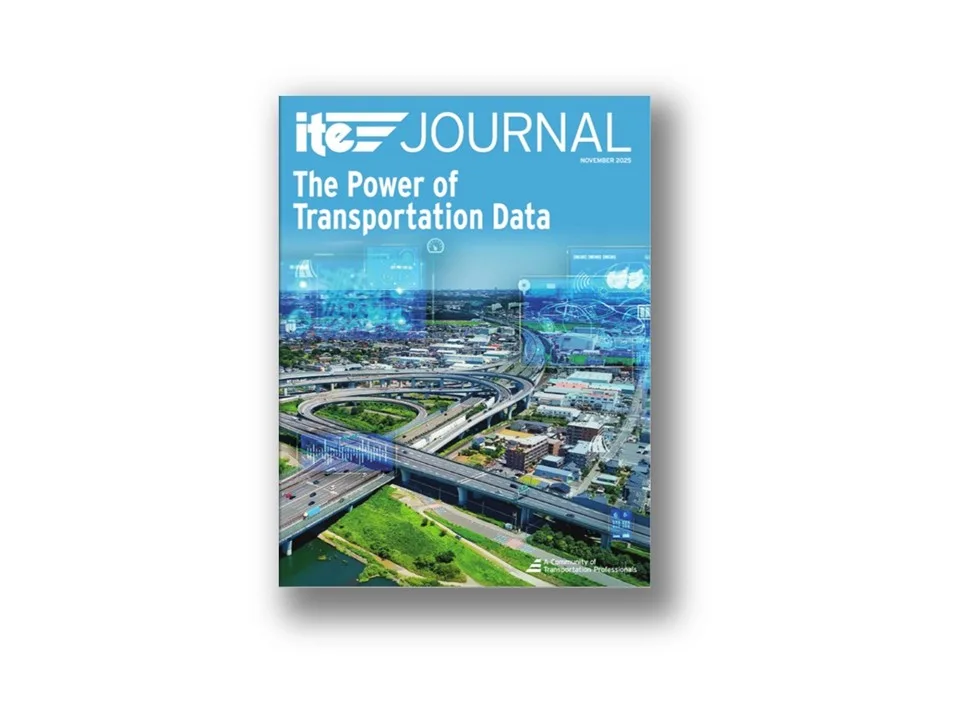
How Data and Analytics Are Reshaping Transportation: Jay Evans in ITE Journal
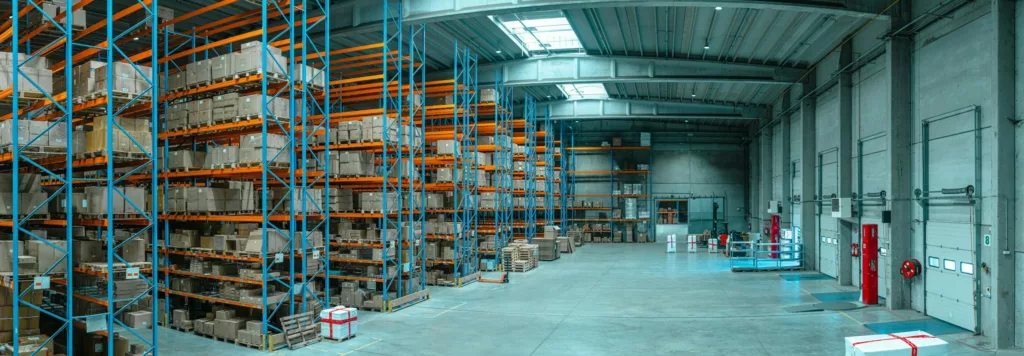
SupplyChain Talk

Deltek ProjectCon 2025

ACE NY 2025 Fall Conference

Modeling Mobility Conference
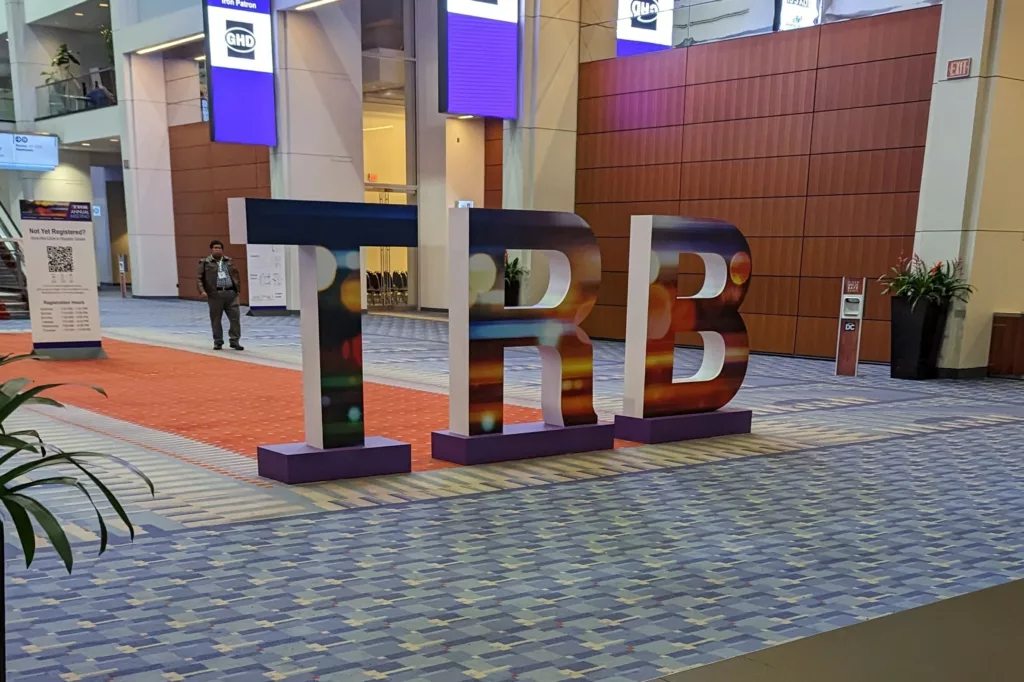
RSGers Appointed to TRB Standing Committees
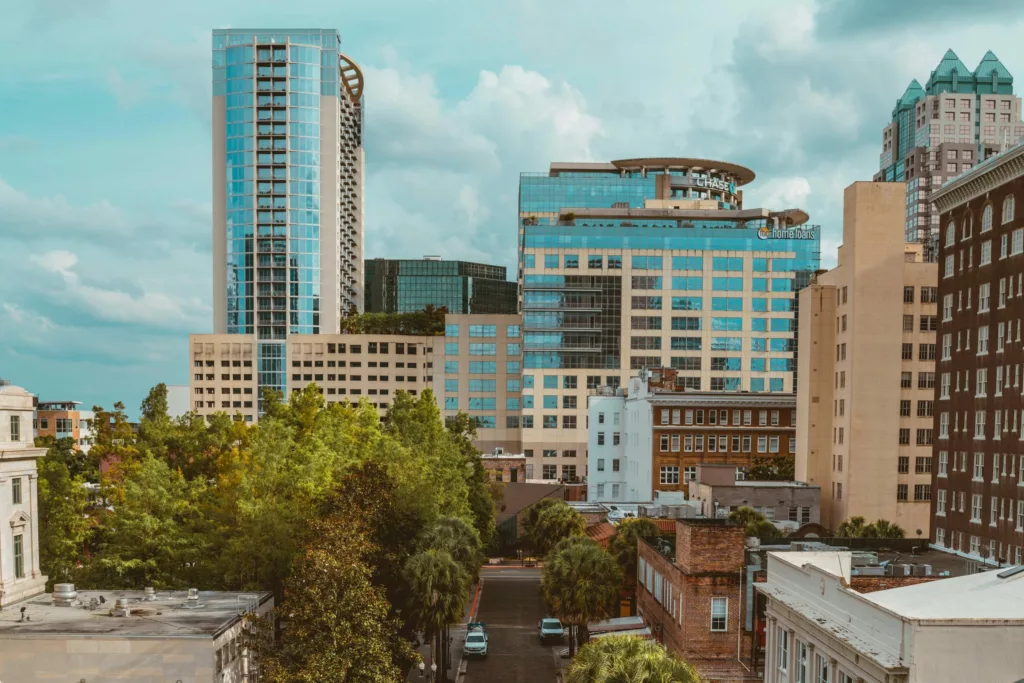
2025 ITE International Annual Meeting and Exhibition
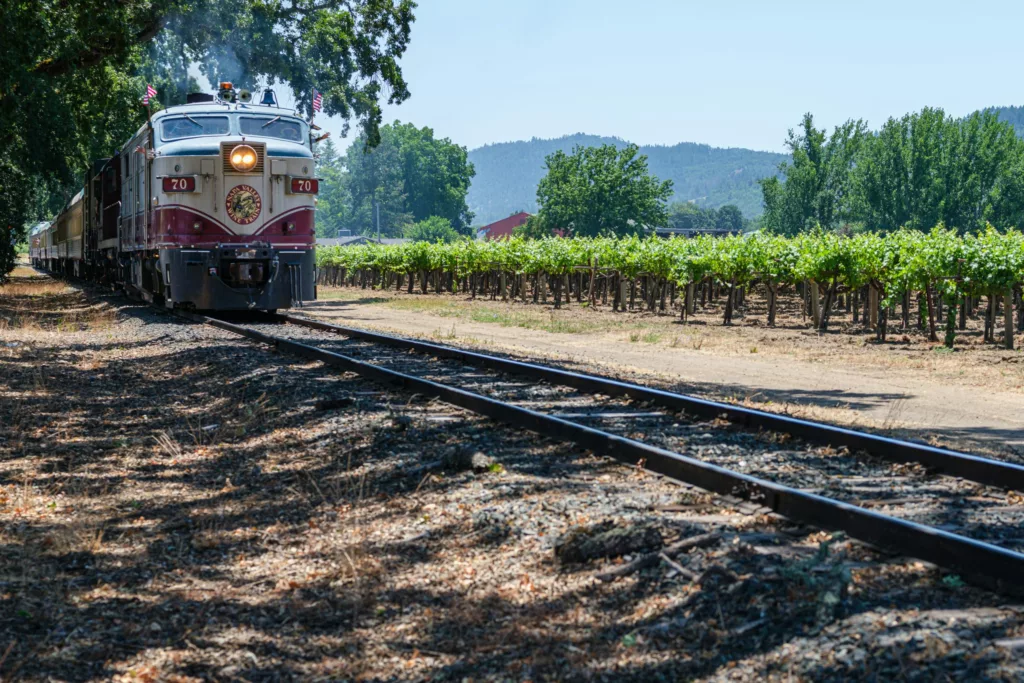
RSG Helps NVTA Navigate Napa’s Changing Travel Landscape

TRB Journal Features RSG’s Work on Measuring Energy Use from Regional Travel Surveys
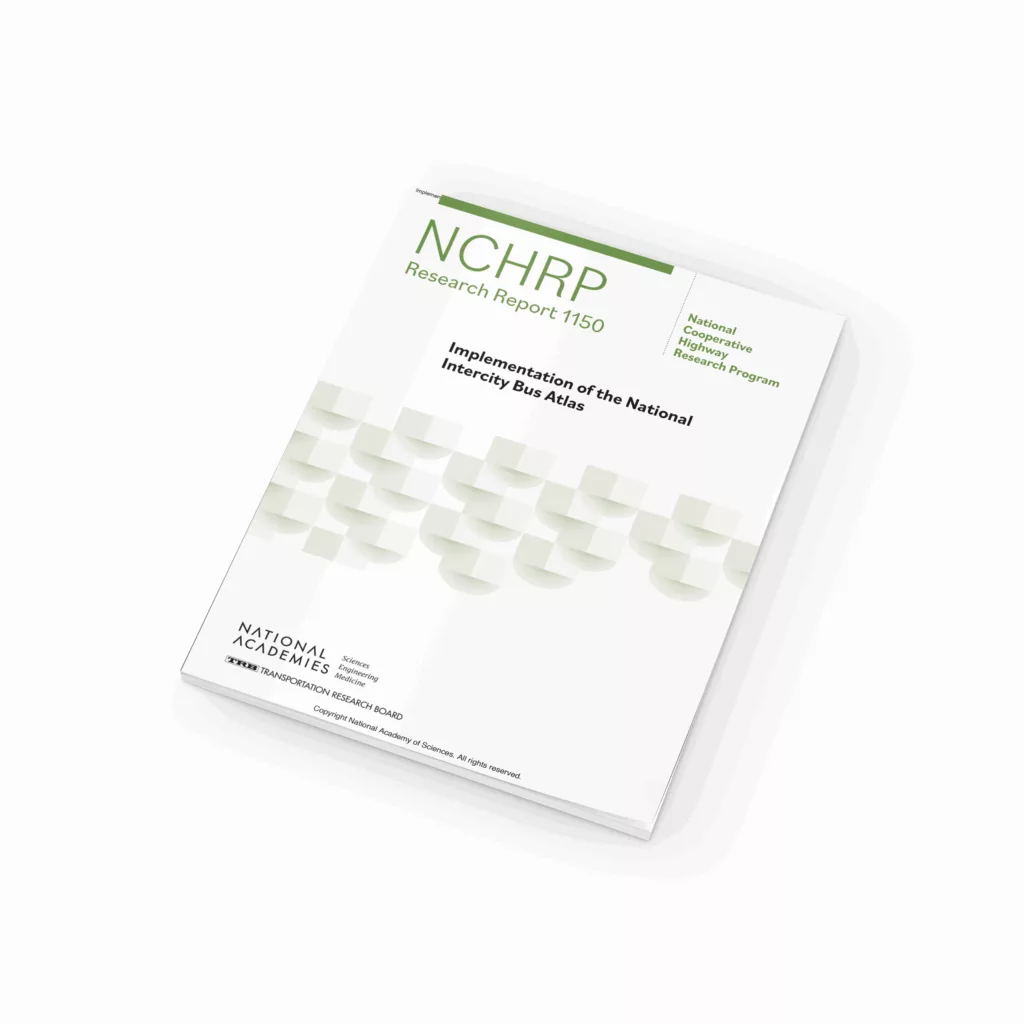
New NCHRP Report Documents RSG’s Work to Map Intercity Bus Services




